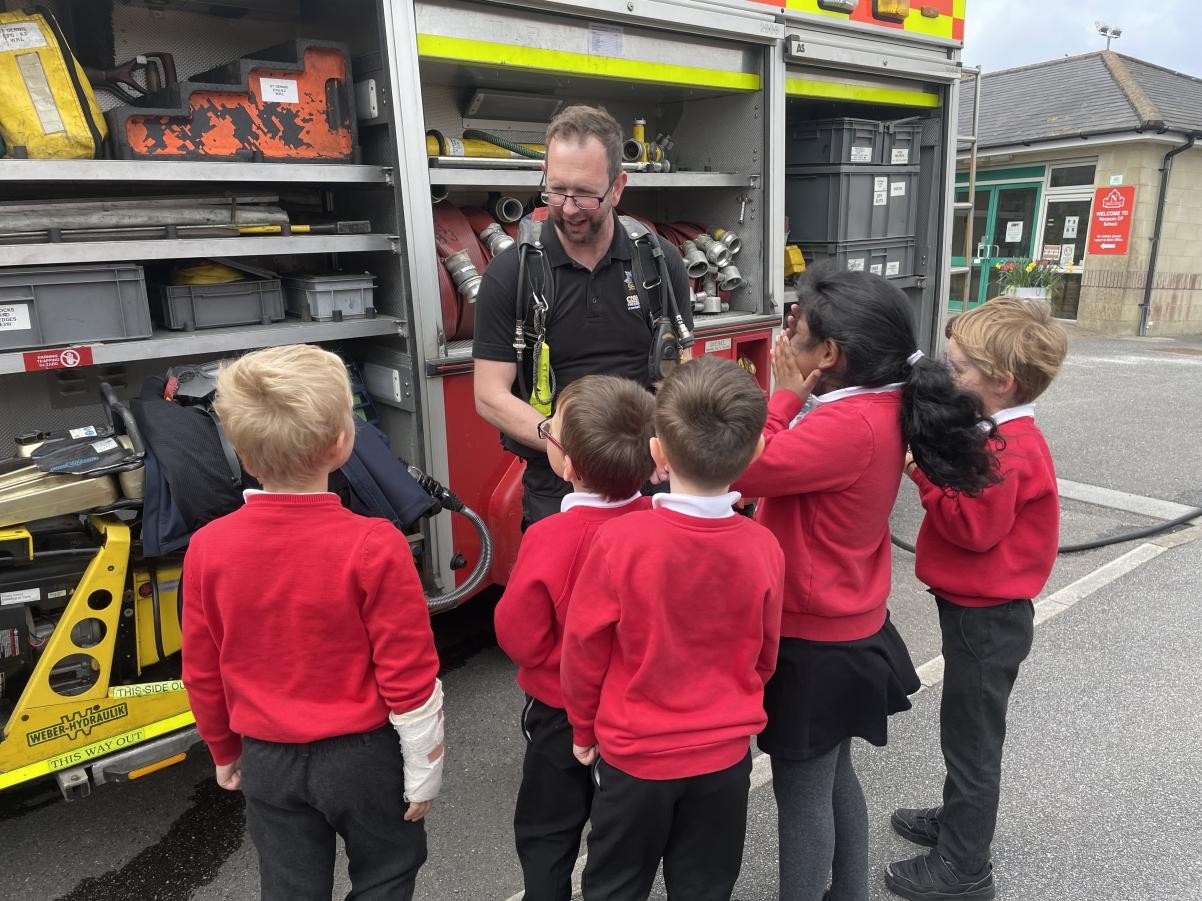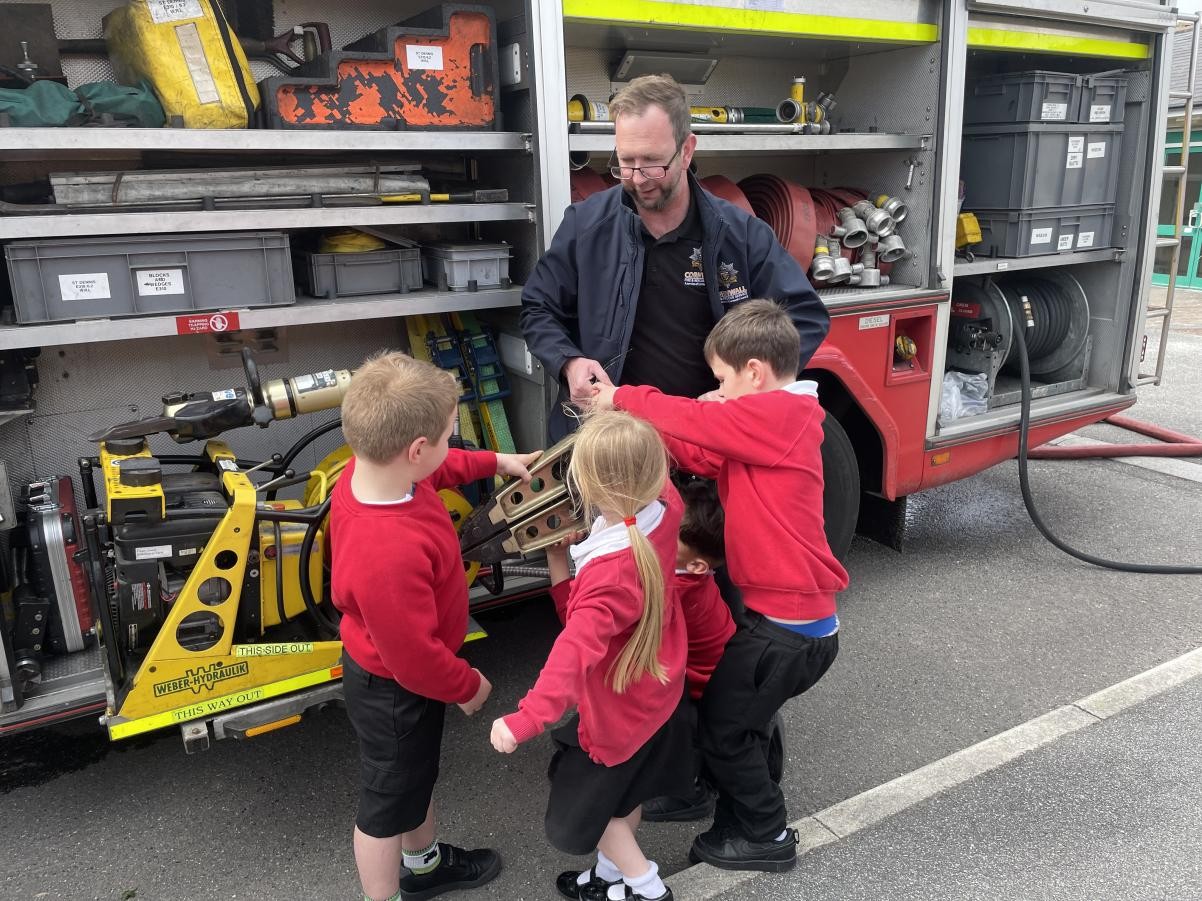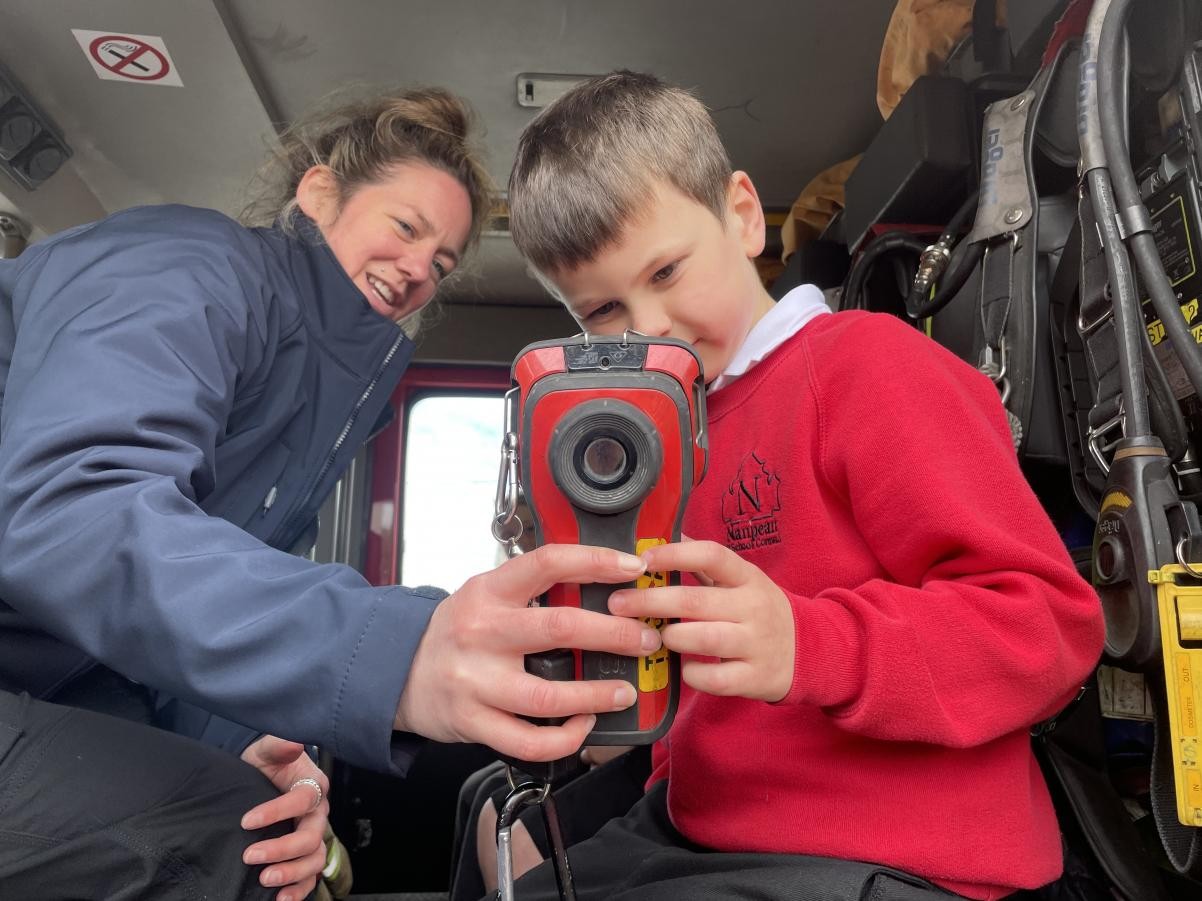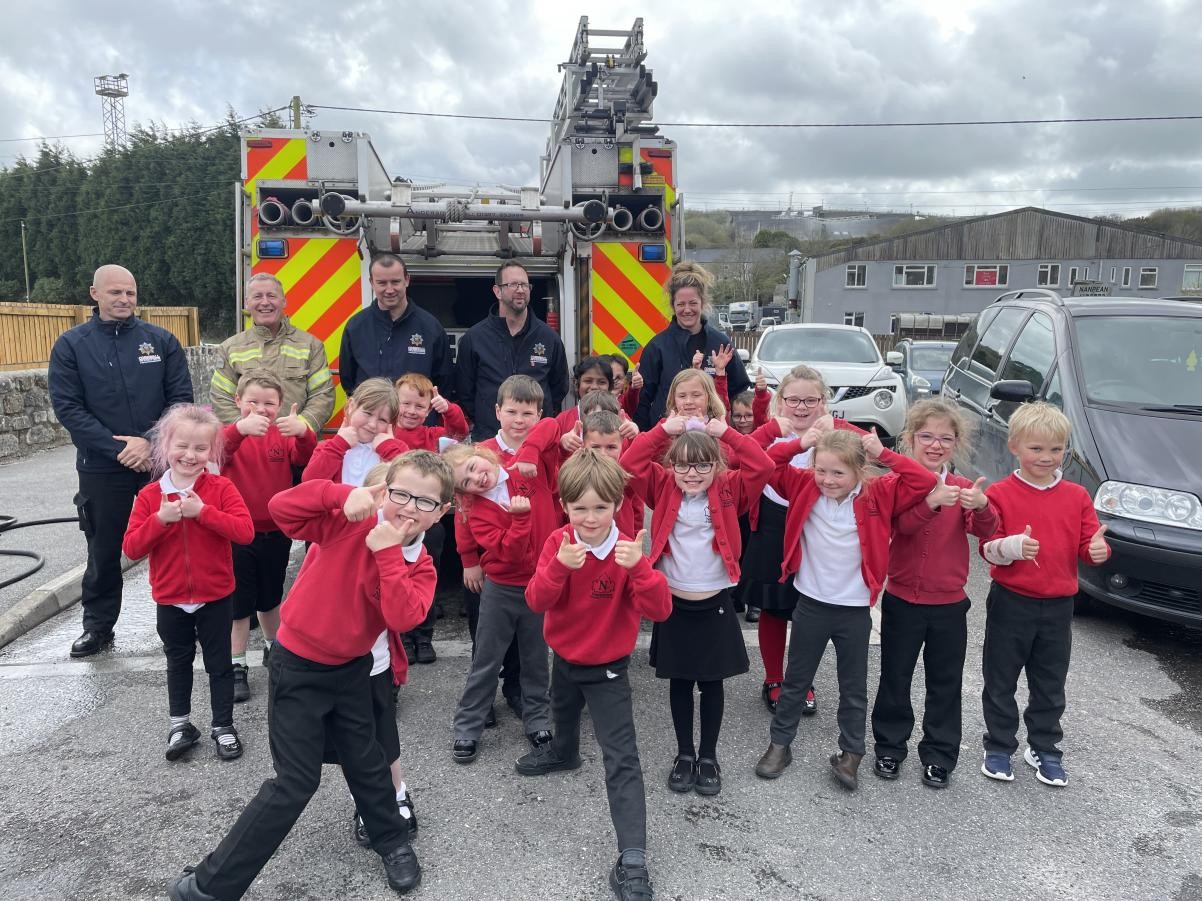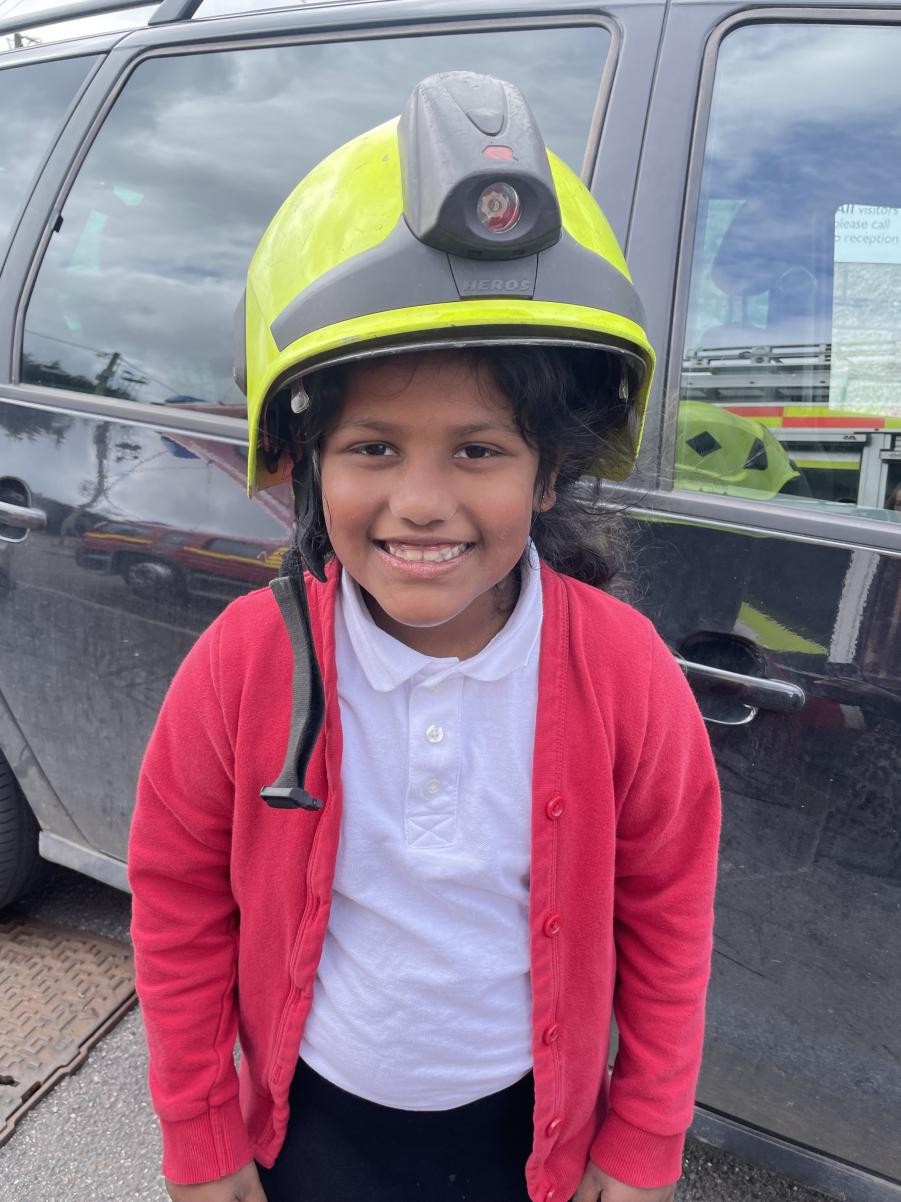PSHE & RSHE
“If we want to reach real peace in this World, we should start educating children. You must be the change you wish to see in the World” – Mahatma Gandhi
Rationale: Purpose of Study
PSHE is Personal, Social, Health and Economic Education. Evidence shows that PSHE education improves the physical, psychosocial, health and wellbeing of children. In turn, children with positive health and wellbeing usually achieve better academically and experience greater success. During PSHE sessions children learn key skills and knowledge related to citizenship.
Relationship, Sex and Health Education is taught at Nanpean School as part of our PSHE Curriculum. During these specific sessions, children learn to keep themselves healthy and safe: about changes in their bodies as they develop, healthy respectful relationships, focus on family and friendships (in all contexts, including online).
Intent
Our aim at Nanpean School is to provide children with a knowledge of the world we live in, considering our starting points at a local level, and comparing this nationally and globally, giving children the confidence to tackle moral, social and cultural issues that are part of growing up in the modern world. We aim to ensure that children feel their voices are heard and valued so that they contribute to the school and wider community.
Throughout our PSHE offer, it is our intent that children learn about:
- Families and people who care for them
- Friendships
- Respectful relationships
- Online relationships and being safe online
- The environment
- Money
- Physical health and fitness
- Mental health and wellbeing
- Healthy eating
- Drugs, alcohol and tobacco
- Poor health prevention
- Basic first aid
- The changing body (as they grow and develop)
- Age appropriate Relationships, Sex and Health Education (RSHE)
Implementation
Nanpean School has a PSHE Curriculum that teaches the children the importance of being good citizens by celebrtating differences, valuing individuality and promoting tools forpositive mental health. Our school uses resources from Jigsaw PSHE as a basis for teaching and learning, with adaptations made, when appropriate and necessary, to support the needs of specific learners. Through the use of Jigsaw, pupils have the same half-termly theme.
These are ‘Being Me in My World’, ‘Celebrating differences’, ‘Healthy me’, ‘Dreams and Goals’, ‘Relationships’ and ‘Changing Me’ (to include Sex Education relevant to each year group). Each Puzzle has six Pieces (lessons) which work towards an ‘end product’, for example, The School Learning Charter or The Garden of Dreams and Goals. Each Piece has two Learning Intentions: one based on specific PSHE learning and the other on emotional literacy and social skills development. The whole school works on the same puzzle piece at the same time, meaning that each new unit is launched with a whole-school assembly and learning can be celebrated by the whole school in a meaningful way.
Jigsaw is completely child-focussed. This is reflected in the innovative way that Pieces (lessons) are structured:
• Improve social skills to better enable collaborative learning (Connect us)
• Relax the body and calm minds to prepare for learning (Calm me)
• Help the brain to focus on specific learning intentions (Open my mind)
• Initiate new learning (Tell me or show me)
• Facilitate learning activities to reinforce new learning (Let me learn)
• Support reflection on learning and personal development (Help me reflect).
In addition to Jigsaw, we award a ‘Citizenship Award’ in our Celebration of Achievement Assembly. This is nominated by staff who have noticed a child being a good citizen.
We also take part in workshops offered by StaySafe (paid for each academic year with a particular focus regarding online safety) as well as the local Mental Health Support Team (workshops offered without charge).
As a school community, we also take part in PSHE related campaigns, such as Mental Health Awareness Day (October), Anti-Bullying Week (November) and Safer Internet day (February). Practical and real opportunities are provided where possible, including educational visits to foster local links or visitors into school. Such events are celebrated through our social media outlets, including the school website, Facebook page, and Class Dojo. This also ensures we engage the wider community in these events and raise important issues, as well as highlighting learning that has taken place.
Impact
Our PSHE curriculum is well thought out and is sequenced to demonstrate progression in knowledge, skills and vocabulary.
- Children demonstrate and apply the British Values of democracy, tolerance, mutual respect, rule of law and individual liberty.
- Children demonstrate a healthy outlook towards school and behaviour is consistently good.
- Children achieve age related expectations across the wider curriculum.
- Children become healthy and responsible members of society.
- Children will be on their journey preparing them for life and work in modern Britain.
- Children develop positive and healthy relationships with their peers both now and in the future.
- Children understand the physical aspects involved in RSE at an age-appropriate level.
- Children have respect for themselves and others.
British Values
At Nanpean School, British Values are embedded into the wider curriculum, where appropriate, while we also learn about British Values at other specific times, such as during Collective Worship opportunities (Assemblies). They are interwoven with PSHE coverage as PSHE allows strong links to British Values: one of the five key areas of our PSHE Curriculum (as stated in the first part of the ‘implementation’ section above) is ‘British Values’.
During PSHE, children explore issues such as democracy through elections for roles. They consider individual liberty when discussing changes they would like to see in school and in society during PSHE lessons. They also consider the rule of law through appropriate PSHE sessions, and use this during the school day when considering our three school rules. Children frequently show tolerance and respect for the opinions and values of others during PSHE lessons.
By looking at the achievements of significant people in history, children develop an awareness of how they have influenced and shaped the country in which we live. This includes an appreciation of their work.
Teaching children to respect and value diversity is encouraged in day to day teaching and learning which helps to prepare children for life in modern Britain, through showing respect for different viewpoints and ideas as well as in the ability to work effectively together.
SMSC
At Nanpean School children are asked to consider and comment on moral questions and dilemmas. Events and beliefs will often be different to others and children are encouraged to show compassion for people facing dilemmas and to empathise with decisions people make and their reasoning behind these decisions. Discussion about right and wrong is explored in connection with events. Children also have opportunities to explore social and environmental issues in the modern world. They examine how other cultures have had a major impact on the development of British culture. Children also have opportunities to develop socially through collaborative and team working activities: they are encouraged to gain an understanding of, and empathy for, people from different cultural backgrounds. This has clear links with relevant British Values as well.
How you can help your child at home
Facilitate discussions with your child in relation to their PSHE learning
You could also take part in health and wellbeing activities as a family!
The following websites could also be used to support your child’s PSHE learning:
https://www.nspcc.org.uk/keeping-children-safe/support-for-parents/pants-underwear-rule/ - NSPCC website related to respectful relationships and thus safety and wellbeing.
https://www.nhs.uk/healthier-families/ - NHS better health / healthier families website.
https://www.healthforkids.co.uk/grownups/ - A website that shows available support in the area.


